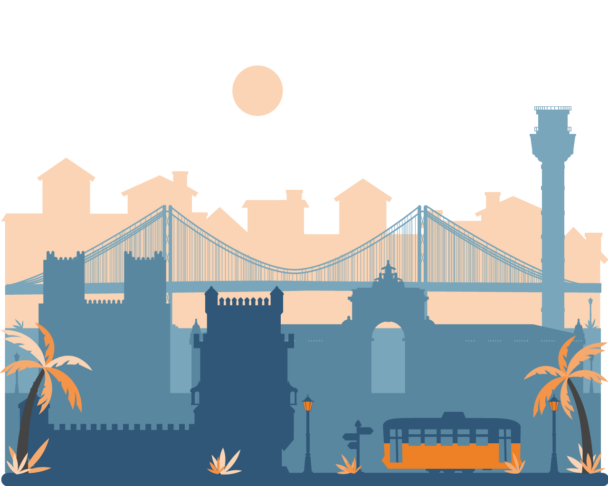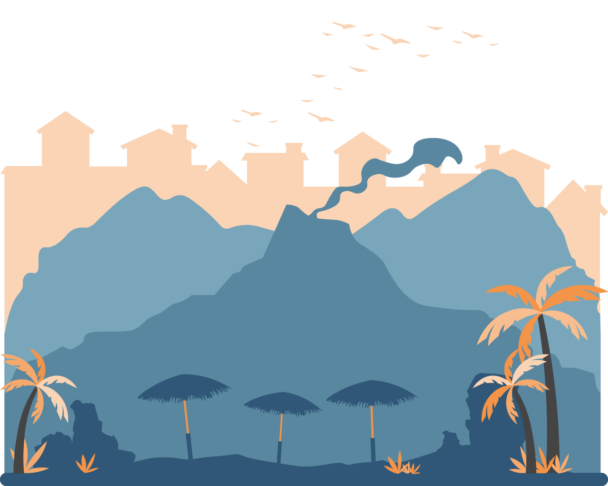Description
Many teachers struggle with grounding their lessons in real and concrete examples.
For how it is designed, school education often drifts toward general theoretical frameworks, and remains detached from practical examples or real-life situations drawn from life outside of school.
As an innovative approach in didactics, Case-Based Learning (CBL) offers a way out of this difficulty and helps teachers create examples based on realistic or real-life situations that scaffold meaningful learning.
Case-based learning is used in various professions – such as in medicine – to analyze a critical situation from a variety of points of view, trying to understand the factors that caused it, as well as the discoveries and insights that made it possible to get to its solution.
Significantly, the method considers not only histories of success but also failures – and the mistakes that led to them. Thus, case-based learning is of paramount importance in showing students that errors are occasions for learning, just as they happen in real life.
Moreover, since cases are openly shared and discussed, case-based learning is very useful to promote creativity and problem-solving.
The course will introduce participants to a consistent method to analyze real-life situations, deconstruct them, and re-create interesting cases based on them, which teachers can use to promote meaningful learning in the classroom.
Moreover, it will propose many examples and activities related to real case studies in subjects in the humanities (e.g., languages, history, social sciences, and literature) as well as in science (e.g., mathematics, chemistry biology).
By the end of this course, participants will be ready to apply case-based learning in their school subjects as well as in interdisciplinary projects to increase students’ curiosity and motivation and promote an active learning environment.
What is included
Learning outcomes
The course will help the participants to:
- Connect school subjects with real-life;
- Create ad-hoc activities connected with real life for any school subject;
- Use case studies to support learning effectively;
- Model case studies to the age and grade of the students;
- Foster active learning attitudes and motivation;
- Reflect on core competencies for continuing education.
Tentative schedule
Day 1 – Why Case-Based Learning?
- Introduction to the course, the school, and the external week activities;
- Icebreaker activities;
- Presentations of the participants’ schools;
- Case studies in education: advantages and problems;
- Case studies for learning: which ones to choose and why?
Day 2 – Examples of case studies
- Case studies for specific subjects;
- Case studies for interdisciplinary projects;
- Activity: find out the most appropriate case studies for your lesson.
Day 3 – The analysis of case studies
- How to foster critical thinking through the analysis of specific case studies;
- Individual and group analysis: strategies and activities;
- The role of creativity in the analysis of case studies.
Day 4 – The Case-Study-Based lesson: how to set up objectives
- What knowledge do I want to convey and through the analysis of which cases?
- Successful and unsuccessful cases: why use both? Group activity.
Day 5 – Checking progresses
- Monitoring learning outcomes. What strategies to use?
- Activity: Create your lesson using the Case-Based Learning approach;
- Presentation of the participants’ projects.
Day 6 – Course closure and cultural activities
- Course evaluation: round-up of acquired competencies, feedback, and discussion;
- Awarding of the course Certificate of Attendance;
- External cultural activities.





